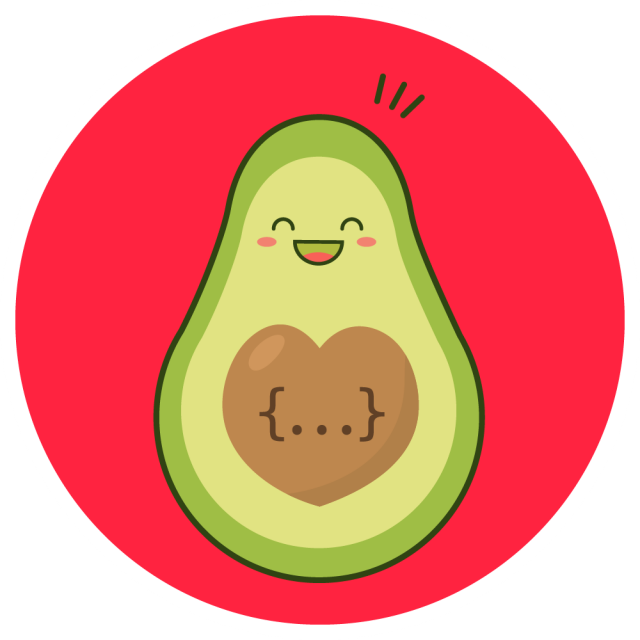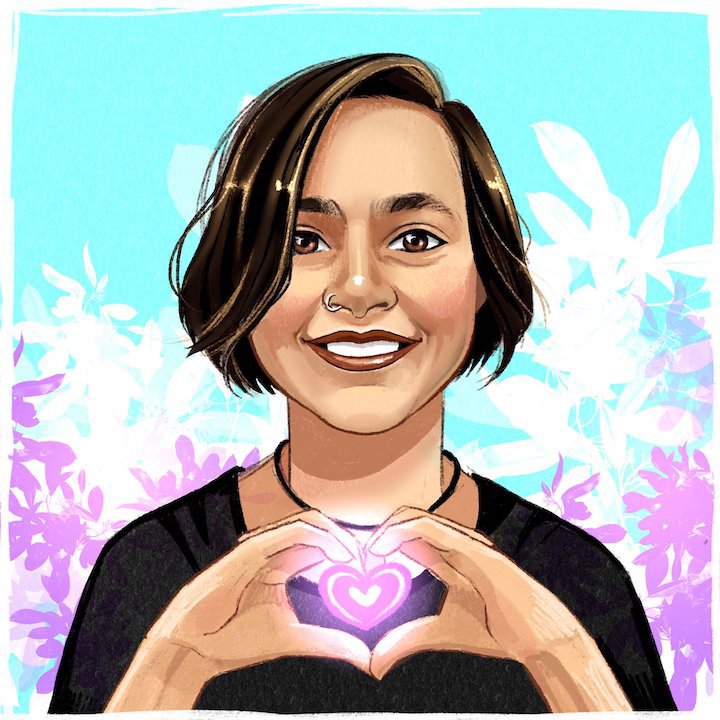Tell us a bit about yourself.
I’m a philosophy major turned English language teacher turned computational linguist turned software developer turned developer advocate. I currently work as a developer & developer advocate at Observable, a data visualization startup in San Francisco. I love programming languages and paradigms, and especially love teaching fundamentals to beginners. I also love to travel and until 2020, spent a lot of my time globetrotting. I am an alumna of the Recurse Center & Outreachy, and always happy to chat about those programs. In my free time I like singing karaoke, riding my Vespa, and getting as much direct sunshine as possible!
How did you get into Developer Relations?
As I mentioned I was a teacher before I became a developer, so when I started entering the world of software it felt natural to teach others about things I was learning or had just learned - for example, by blogging about it or giving a small presentation to my peers. When I was looking for my first job, I started going to conferences on diversity scholarships, meeting awesome folks and learning a lot from the events. At one of the first conferences I attended, JSUnconf, I ended up giving a talk that apparently resonated with people, and when the video was posted it got a lot of attention. That led to many speaking and other opportunities for me, so I got more involved in the conference circuit and through that, met lots of folks working in developer relations, who helped me understand what the field was about (until then, I didn’t know it existed!). I was pretty quickly enchanted by the world of devrel as it combined my love of teaching and connecting with people (and travel!) with my interest in programming, and eventually it became my official role.
What advice would you give people looking to join you?
Keep in mind that jobs in “developer relations” span a huge array of different types of roles & responsibilities! Talk to as many folks as you can about what they do, and you’ll see that there are basically as many different possible careers in DevRel as there are individuals, which makes it a great field for folks who like flexibility & variety in their work.That said, it can be a very demanding job in terms of energy and time, and burnout is a really common risk. So if you’re thinking about switching roles or careers into DevRel, make sure you have a healthy environment & support network to take care of your mental health. (Though that’s true of any career change, really!)
How has your role changed in the past year?
Drastically! In 2019 I was speaking at events several times a month, and traveling about 50% of the time. In 2020 of course that has all changed completely. I’ve spent more time this year recording videos, livestreaming and speaking at virtual events than ever. Personally virtual events just don’t engage or energize me the same way that in-person events do, so I’ve cut my speaking engagements way down this year.
How do you see the future of DevRel?
Impossible to say, but I think the post-covid DevRel world will look quite different from the before-times. I’m guessing many events that have pivoted to virtual will likely not come back in person, due to the lower costs and increased accessibility of online events. Then again, perhaps this time of isolation will make folks crave as much face time as possible once all our masks have come off, and new IRL events will spring up. In any case, I’m sure live events will play a somewhat less pronounced role in the industry, with videos and livestreaming content taking more of our time & attention even after we’re able to travel again. What won’t change, though, is the business need for more and more DevRel professionals who focus on empowering users to work with the ever-changing tools & technologies out there, and communicating and teaching to developers across a wide variety of media.




